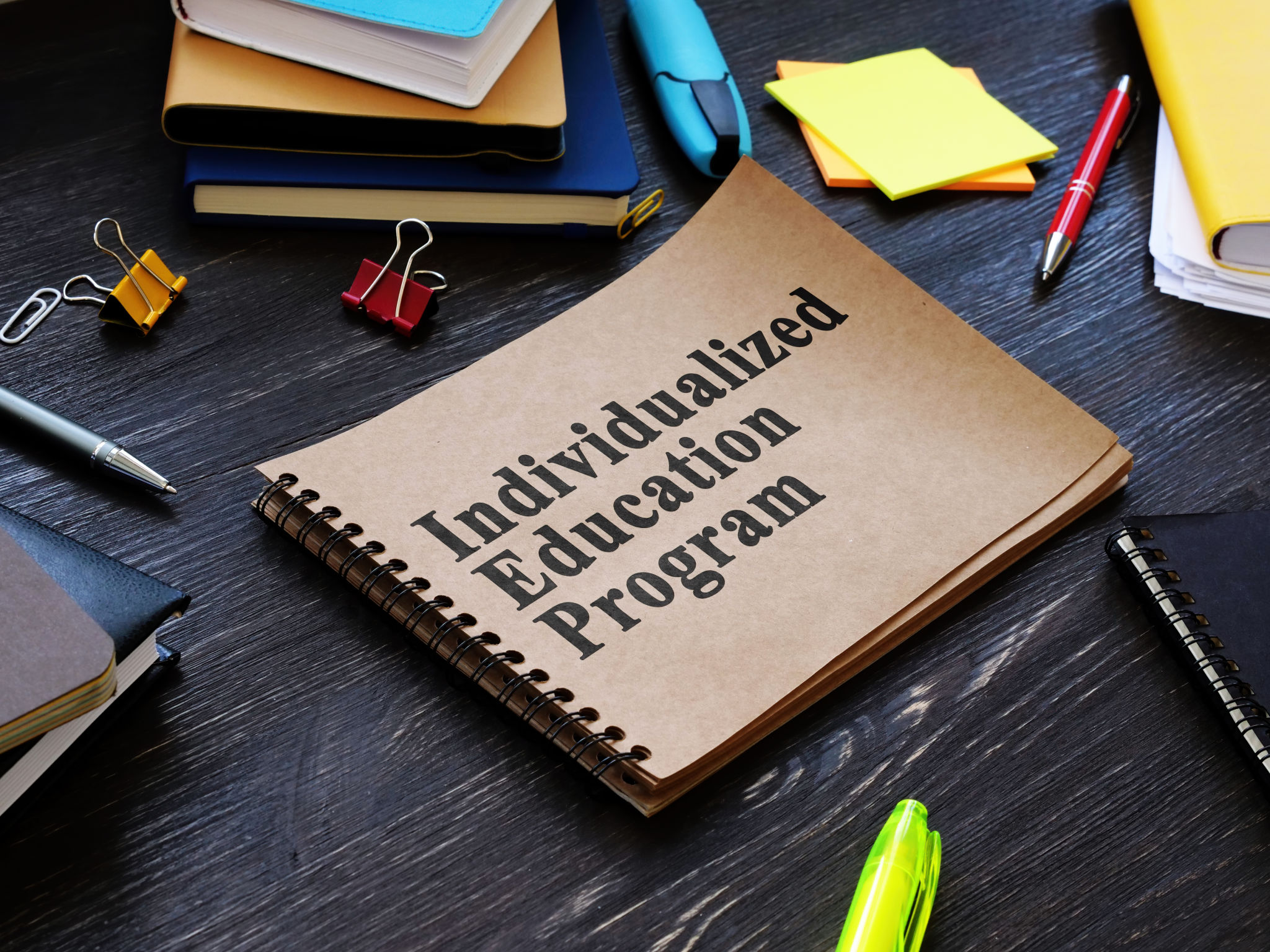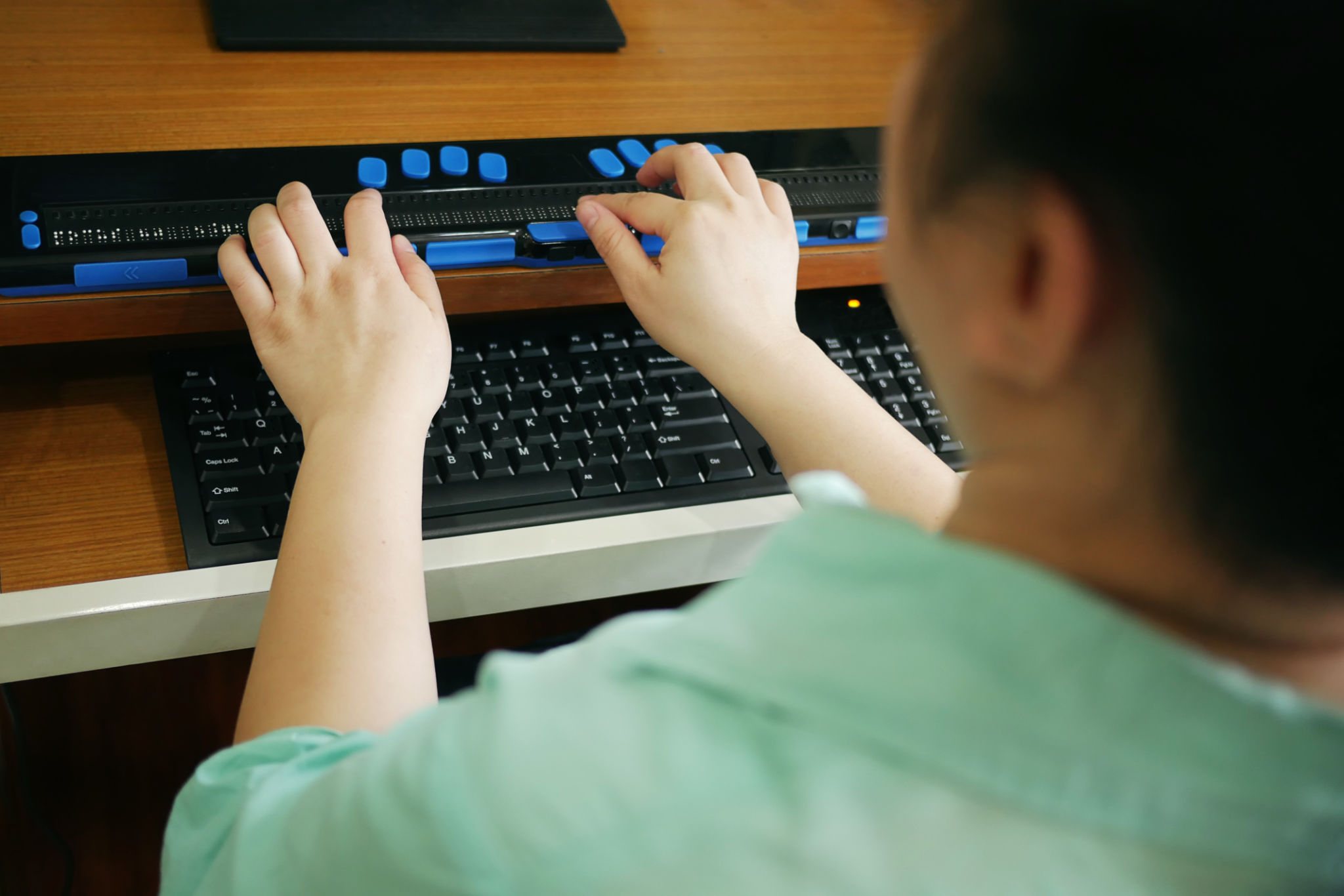Preparing for a Successful School Year: Tips for Special Needs Students
DH
Understanding Individual Needs
Preparing for a successful school year requires a personalized approach, especially for students with special needs. Each child is unique, and understanding their specific requirements is crucial. Collaborate with educators, therapists, and medical professionals to develop an Individualized Education Plan (IEP) tailored to the child's abilities and challenges. This proactive strategy helps ensure that the educational environment is supportive and conducive to learning.

Creating a Structured Environment
A structured environment can be incredibly beneficial for special needs students. Establishing a consistent daily routine helps them know what to expect, reducing anxiety and stress. Use visual schedules, timers, and checklists to help students navigate their day. These tools provide clarity and predictability, which can significantly enhance their focus and engagement in school activities.
Incorporating Sensory-Friendly Spaces
Many children with special needs benefit from sensory-friendly spaces that cater to their sensory sensitivities. Consider creating a dedicated "sensory corner" at home or in the classroom where they can retreat when overwhelmed. This area can include calming elements such as soft lighting, noise-canceling headphones, and various tactile resources for relaxation.

Building Communication Skills
Effective communication is key to a successful school experience for special needs students. Encourage the development of communication skills through speech therapy or alternative communication devices as needed. Enhance these skills by integrating communication exercises into daily activities, promoting interaction with peers and teachers.
Using Assistive Technology
Assistive technology can play a significant role in leveling the educational playing field for special needs students. Devices like text-to-speech software, adaptive keyboards, and specialized apps can support learning and foster independence. Collaborate with educators to identify the most beneficial tools for each student's unique needs.

Fostering Social Connections
Social connections are vital for all students, including those with special needs. Encourage participation in group activities, clubs, or sports that match the child's interests and abilities. These interactions can help build confidence, develop social skills, and create a sense of belonging within the school community.
Encouraging Peer Support
Peer support can be incredibly impactful for special needs students. Encourage schools to implement buddy systems or peer mentoring programs, where classmates are paired to provide friendship and assistance. This not only benefits the student with special needs but also fosters empathy and understanding among all students involved.

Maintaining Open Communication with Educators
Regular communication with teachers and school staff is essential in supporting a special needs student's educational journey. Schedule frequent meetings to discuss progress, address concerns, and adjust strategies as needed. Being actively involved in the educational process ensures that any challenges are promptly addressed, paving the way for a successful school year.
By implementing these strategies and maintaining a positive outlook, you can help ensure that your special needs student has a rewarding and successful school year. Every small step taken towards understanding, support, and inclusion makes a significant difference in their educational experience.
